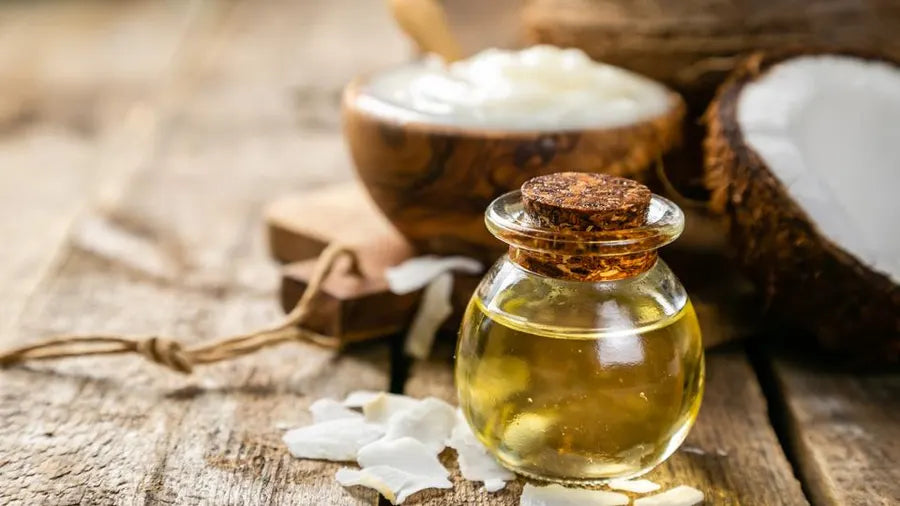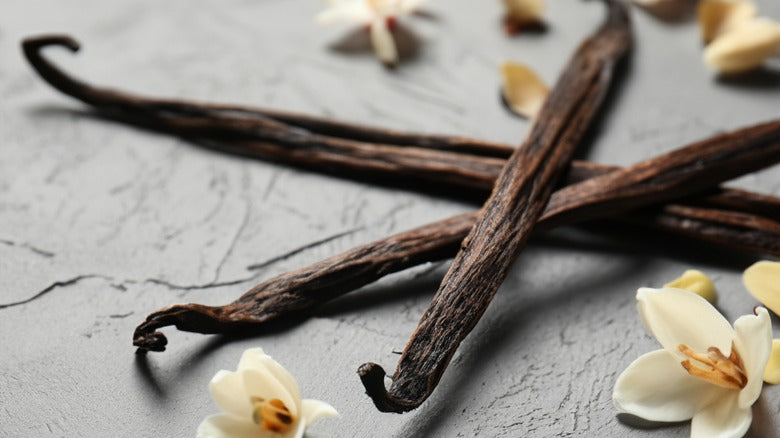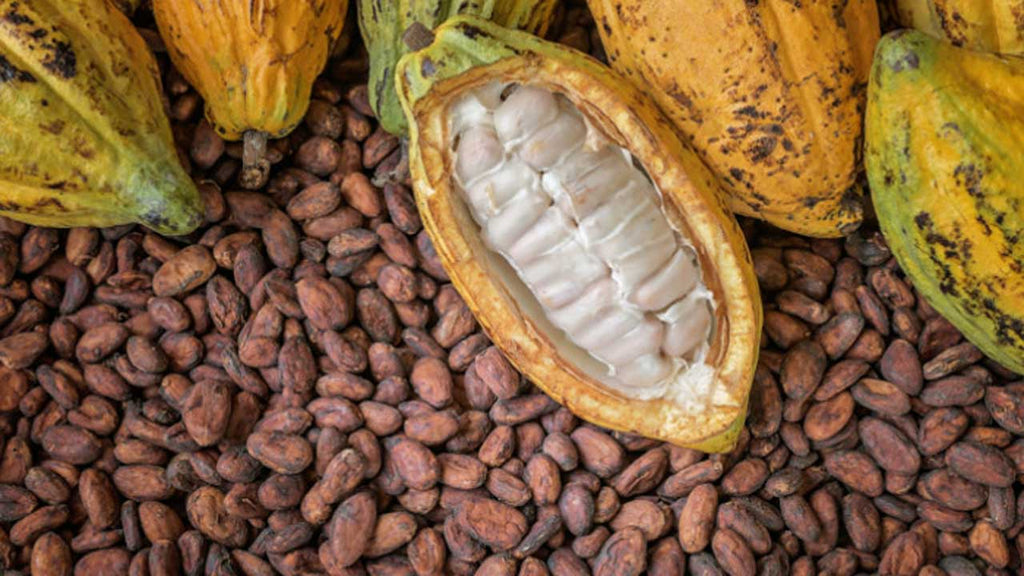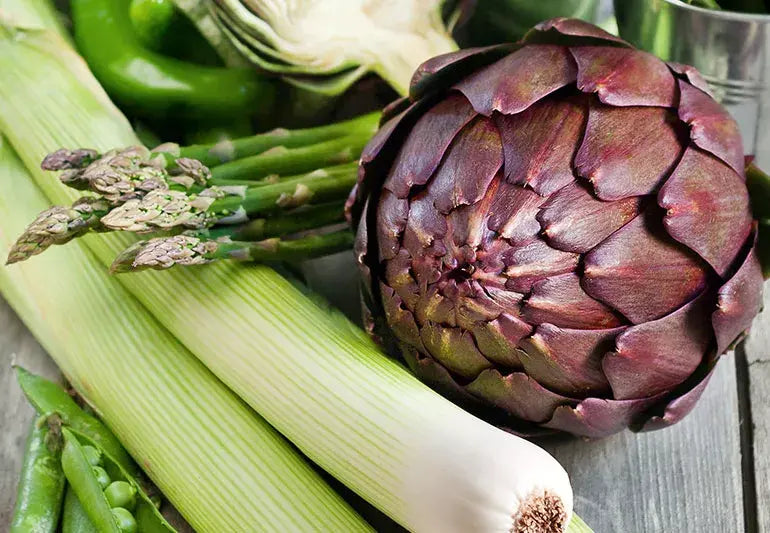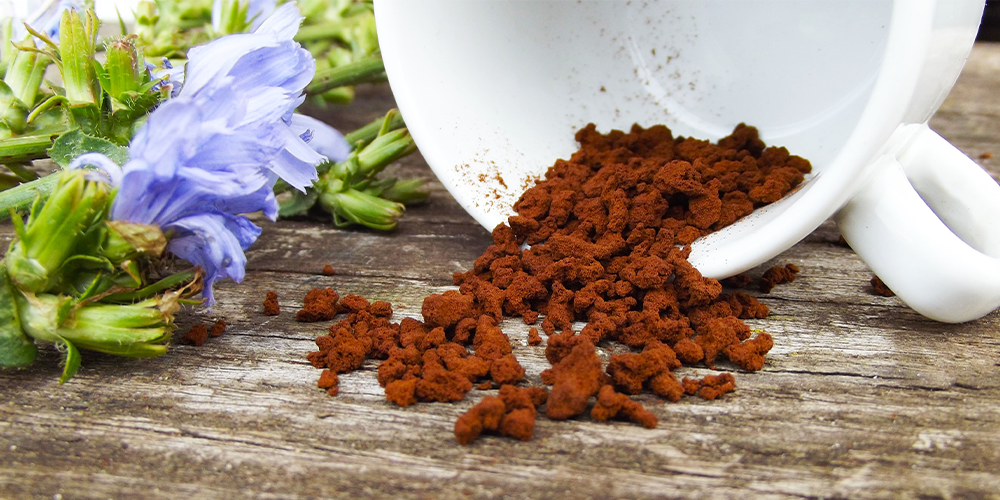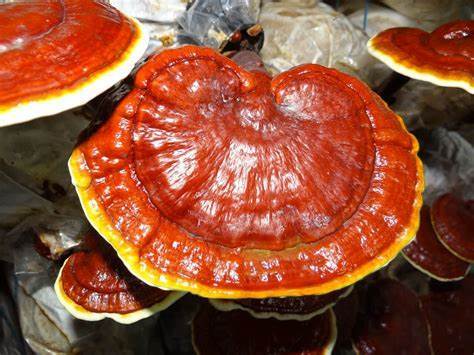
Benefits of Reishi Mushroom

1. Boost the immune system
One of the most important effects of the reishi mushroom is that it can boost your immune system (2Trusted Source).
While some details are still uncertain, test-tube studies have shown that reishi can affect the genes in white blood cells, which are critical parts of your immune system.
What’s more, these older studies have found that some forms of reishi may alter inflammation pathways in white blood cells (3Trusted Source).
2. Anti-cancer properties
Many people consume reishi due to its potential anticancer properties (8Trusted Source, 9Trusted Source).
In fact, several test-tube studies have shown that it can lead to the death of cancer cells (10Trusted Source, 11Trusted Source, 12Trusted Source).
Some research has also investigated if reishi could be beneficial for prostate and colorectal cancer due to its effects on inflammation and certain signaling pathways involved in cancer development (13Trusted Source, 14, 15Trusted Source, 16Trusted Source).
What’s more, one review indicated that the mushroom could benefit people with cancer when used alongside traditional treatment by increasing the activity of white blood cells and improving quality of life (17Trusted Source).
One 2006 study found that reishi could increase the number of other white blood cells in those with colorectal cancer (4Trusted Source).
3. Could reduce fatigue and depression
Though reishi’s effects on the immune system are often most emphasized, it may also reduce depression and fatigue.
One older study examined its effects in 132 people with neurasthenia, a condition associated with aches, pains, dizziness, headaches, and irritability (18Trusted Source).
The researchers found that fatigue was reduced and well-being was improved after 8 weeks of taking the supplements (18Trusted Source).
Another 2012 study on people with breast cancer found that taking reishi powder reduced fatigue, anxiety, and depression and improved quality of life after 4 weeks (19Trusted Source)
Trusted Source
PubMed Central
A number of studies looking at people with both healthy and unhealthy levels of blood sugar and lipids found that reishi mushroom may help decrease blood sugar, increase HDL (good) cholesterol, and decrease triglycerides (20).
At least one older study in healthy adults showed a slight trend toward lower lipid levels, but this was not statistically significant (7Trusted Source).
Additionally, some other studies have found no effect of reishi supplementation on cholesterol or triglyceride levels (21Trusted Source, 22Trusted Source).
5. Antioxidant status
Antioxidants are molecules that can help protect cells against damage (27Trusted Source).
Many claim that reishi mushroom is effective at improving antioxidant status.
However, several older studies have found no change in the levels of important antioxidant enzymes in the blood after consuming reishi for 4–12 weeks (7Trusted Source, 20Trusted Source).
The bottom line
Reishi mushroom is a popular fungus used in Eastern medicine, which could help boost the immune system.
This fungus may also be able to decrease the size and number of tumors in certain types of cancer, as well as improve the quality of life for some people with cancer.
Most human research has shown that it does not improve cholesterol, blood sugar, or antioxidants, but it may be effective at reducing fatigue or depression in some cases.
Resources: https://www.healthline.com/nutrition/reishi-mushroom-benefits
One of the most important effects of the reishi mushroom is that it can boost your immune system (2Trusted Source).
While some details are still uncertain, test-tube studies have shown that reishi can affect the genes in white blood cells, which are critical parts of your immune system.
What’s more, these older studies have found that some forms of reishi may alter inflammation pathways in white blood cells (3Trusted Source).
2. Anti-cancer properties
Many people consume reishi due to its potential anticancer properties (8Trusted Source, 9Trusted Source).
In fact, several test-tube studies have shown that it can lead to the death of cancer cells (10Trusted Source, 11Trusted Source, 12Trusted Source).
Some research has also investigated if reishi could be beneficial for prostate and colorectal cancer due to its effects on inflammation and certain signaling pathways involved in cancer development (13Trusted Source, 14, 15Trusted Source, 16Trusted Source).
What’s more, one review indicated that the mushroom could benefit people with cancer when used alongside traditional treatment by increasing the activity of white blood cells and improving quality of life (17Trusted Source).
One 2006 study found that reishi could increase the number of other white blood cells in those with colorectal cancer (4Trusted Source).
3. Could reduce fatigue and depression
Though reishi’s effects on the immune system are often most emphasized, it may also reduce depression and fatigue.
One older study examined its effects in 132 people with neurasthenia, a condition associated with aches, pains, dizziness, headaches, and irritability (18Trusted Source).
The researchers found that fatigue was reduced and well-being was improved after 8 weeks of taking the supplements (18Trusted Source).
Another 2012 study on people with breast cancer found that taking reishi powder reduced fatigue, anxiety, and depression and improved quality of life after 4 weeks (19Trusted Source)
Trusted Source
PubMed Central
- Highly respected database from the National Institutes of Health
A number of studies looking at people with both healthy and unhealthy levels of blood sugar and lipids found that reishi mushroom may help decrease blood sugar, increase HDL (good) cholesterol, and decrease triglycerides (20).
At least one older study in healthy adults showed a slight trend toward lower lipid levels, but this was not statistically significant (7Trusted Source).
Additionally, some other studies have found no effect of reishi supplementation on cholesterol or triglyceride levels (21Trusted Source, 22Trusted Source).
5. Antioxidant status
Antioxidants are molecules that can help protect cells against damage (27Trusted Source).
Many claim that reishi mushroom is effective at improving antioxidant status.
However, several older studies have found no change in the levels of important antioxidant enzymes in the blood after consuming reishi for 4–12 weeks (7Trusted Source, 20Trusted Source).
The bottom line
Reishi mushroom is a popular fungus used in Eastern medicine, which could help boost the immune system.
This fungus may also be able to decrease the size and number of tumors in certain types of cancer, as well as improve the quality of life for some people with cancer.
Most human research has shown that it does not improve cholesterol, blood sugar, or antioxidants, but it may be effective at reducing fatigue or depression in some cases.
Resources: https://www.healthline.com/nutrition/reishi-mushroom-benefits


